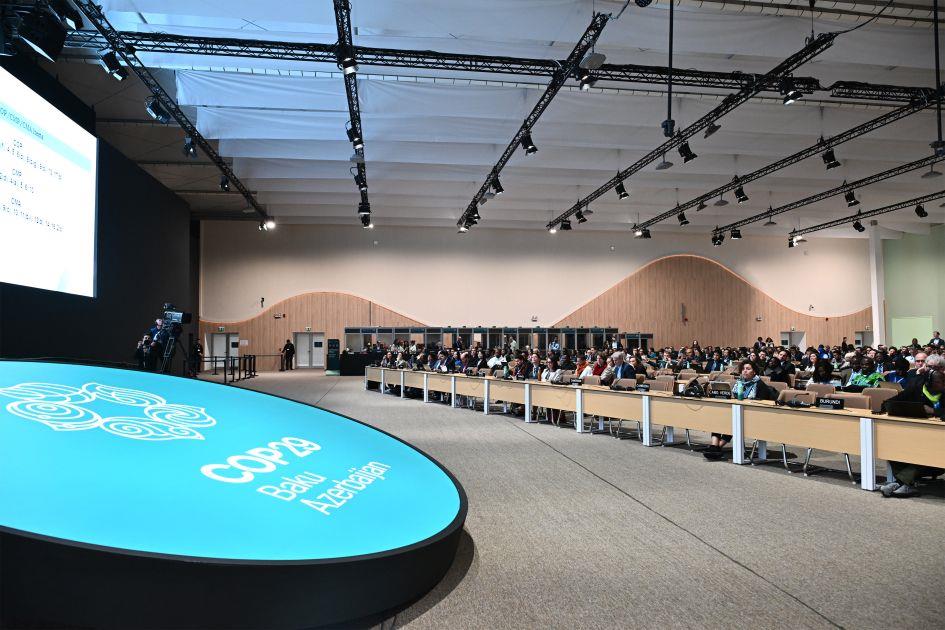
COP29 Marks Complete Implementation Of Article 6 Under Paris Agreement
This was a key priority for the Presidency, which engaged Parties in intensive technical and political negotiations, ultimately overcoming years of stagnation and resolving the last outstanding item within the Paris Agreement.
Article 6 establishes reliable and transparent carbon markets, enabling countries to work together to achieve their climate objectives. This international collaboration is projected to lower the costs of implementing national climate plans (NDCs) by as much as $250 billion annually.
The COP29 Presidency urges Parties to reinvest these savings to enhance their climate ambitions. The upcoming next generation of NDCs, expected in February, are crucial for maintaining the goal of limiting global warming to 1.5 degrees. This important milestone has come at a pivotal moment to assist countries in committing to more ambitious climate strategies.
“We have concluded a decade-long wait and opened up a vital tool for maintaining the 1.5-degree target,” stated COP29 President Mukhtar Babayev.“Climate change is a global issue, and Article 6 will facilitate international solutions because the atmosphere is unaffected by the location of emissions reductions.”
COP29 Lead Negotiator Yalchin Rafiyev noted,“Today, we've addressed one of the most challenging and intricate issues in climate diplomacy. While Article 6 can be complex, its effects will be evident in our daily lives-such as the closure of coal plants, the establishment of wind farms, and the planting of forests. It signifies a new influx of investment in developing countries.”
Achieving today's outcome required considerable effort. Although the COPs in Glasgow and Sharm El-Sheikh made significant strides in establishing rules, modalities, and procedures for carbon markets, the final components of Article 6 remained unaddressed. Prior to COP29, negotiations had stalled, leading to a costly delay in fully utilizing this pathway for enhanced international climate cooperation.
The COP29 Presidency adopted a focused approach that overcame previous multilateral deadlocks. Throughout the year, it promoted productive discussions among Parties and advanced progress by integrating technical and political dialogues to achieve consensus. This groundwork enabled the early adoption of Article 6.4 standards on the first day of COP29, generating momentum toward today's achievement.
The COP29 Presidency expresses gratitude to the numerous individuals and organizations that have dedicated nearly a decade to reach this milestone. Today's consensus would not have been possible without their sustained efforts.
The decisions unanimously agreed upon concerning Article 6 will play a critical role in ensuring the environmental integrity, transparency, and robustness of carbon markets through genuine, additional, verified, and measurable emission reductions and removals, while also unlocking their vast potential to stimulate global climate investment.
The adopted guidelines and rules are crafted to ensure that carbon projects maintain feasibility and inclusivity, honor human rights, and contribute to sustainable development, allowing countries and project developers to collaborate confidently under the Paris Agreement. The adoption of these decisions marks not the end, but the ongoing evolution of the Article 6 rulebook, which Parties can continually refine through practical experience.
Legal Disclaimer:
MENAFN provides the
information “as is” without warranty of any kind. We do not accept
any responsibility or liability for the accuracy, content, images,
videos, licenses, completeness, legality, or reliability of the information
contained in this article. If you have any complaints or copyright
issues related to this article, kindly contact the provider above.


















Comments
No comment